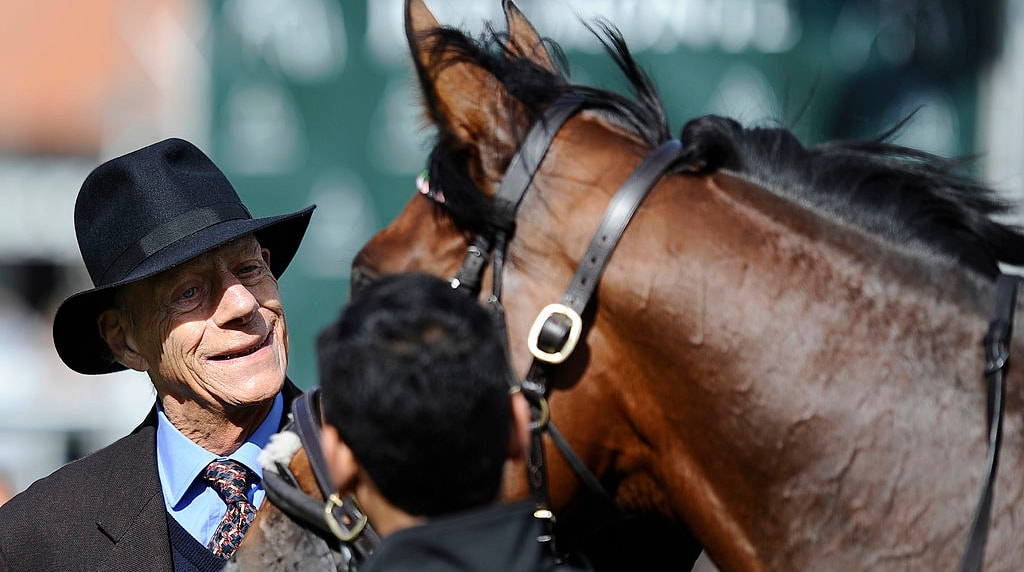Survey Reveals the Public Perception of Gambling Advertising on TV in Great Britain
Study shows that more than half (53%) of adults aged 18-75 in Great Britain think that there is too much advertising relating to gambling on TV these days.

Our survey shows the public perception of gambling ads on TV in Great Britain
An Ipsos survey reveals that 1 in 2 (53%) British adults 18-75 think there is too much advertising relating to gambling on TV these days.
When asked on balance if they think there’s too much, too little, or just about the right amount of advertising relating to gambling on TV these days, the respondents answered with the following:
- 29% believe there is far too much
- 25% think there is somewhat too much
- 26% feel it is about right
- 5% say there is somewhat too little
- 2% think there is far too little
The net figures, which combine related categories, reveal that:
- 53% think there is too much advertising relating to gambling on TV these days
- 7% feel there is too little advertising relating to gambling on TV these days
Additionally:
- Don’t know: 12% are unsure about their stance
You can read the full State of Gambling in Great Britain 2024 Commission by Online-Casinos.com here.
47% of adults aged 18-75 with children under the age of 18 living in their household believe there is too much gambling advertising on TV. This is higher among those without children aged under 18 in their household (56%).
When asked to what extent they agree or disagree with the following statement, Gambling companies should not sponsor sporting events or sports teams that are popular with children, more than 3 in 5 (63%) of British adults agree.
60% of parents with children under the age of 18 living in their household agree that Gambling companies should not sponsor sporting events or sports teams that are popular with children compared to 64% among adults without children under 18 in the household.
When asked to what extent they agree or disagree with the following statement, Exposure to gambling advertisements can influence children to start gambling at a younger age, more than 3 in 5 (64%) adults aged 18-75 agree. Those with and without children under 18 in the household had similar views with 64% and 63% agreeing that exposure to gambling advertisements can influence children to start gambling at a younger age, respectively.
Recent data from a 2024 report led by the University of Bristol on gambling marketing in the Premier League highlights a significant increase in gambling messages during sports broadcasts. Over a single weekend, nearly 30,000 gambling messages were recorded, marking a substantial rise from the previous year’s figure of 10,999 messages, which is a 173% increase. This is particularly notable during live Premier League matches, where gambling messages jumped from 6,966 to 23,690, representing a 240% increase.
The West Ham United vs. Aston Villa match alone recorded 6,491 gambling messages, averaging about 30 messages per minute. This surge in advertising has led to concerns about the impact on viewers, especially children, who are frequently exposed to these messages during sports events.
Additional Insights
- Gambling Messages During Matches: More than 10,000 gambling messages were detected during match play, despite the “whistle-to-whistle” ban intended to limit such advertising.
- Social Media Content Marketing: 305 social media content marketing ads were identified, with 48% of organic ads being content marketing.
- Paid-for Ads: 277 paid-for ads were posted by gambling brands, with 95.3% using emojis and 92.7% including age restriction messages.
- Harm Reduction Messaging: 47% of organic ads included harm reduction messaging, highlighting efforts to promote responsible gambling practices.
Social media platforms also play a significant role in gambling advertising. Over 24 million views of gambling ads were recorded on social media, with 74% of content marketing posts not clearly identifiable as ads. This lack of transparency raises concerns about the potential for misleading or deceptive advertising practices.
The Advertising Standards Authority (ASA) has been involved in addressing these concerns, with over 100 offending social media ads reported to the ASA. The investigation included analyzing extensive live match coverage, Sky Sports News, and TalkSport radio broadcasts to assess the scale of gambling advertising.
Conclusion
The perception that there is too much gambling advertising on TV is widespread among British adults. This sentiment may be fuelled by the dramatic increase in gambling messages during sports events and concerns about the impact on children. As the industry continues to evolve, it is crucial to balance advertising with responsible practices that protect vulnerable audiences and adhere to regulatory standards. The surge in gambling messages and the lack of clear identification of ads on social media underscore the need for stricter regulations to ensure public safety and prevent potential harm.
Technical note
The research among adults 18 – 75 across Great Britain was carried out by Ipsos on behalf of iGaming Group. Ipsos interviewed a representative quota sample of 4,167 adults aged 18-75 in Great Britain using an online omnibus approach.
Of these adults aged 18-75, 1,352 are parents of children aged under 18 living in their household, while 2,815 do not have children under 18 in their household.
The data has been weighted to the known offline population proportions for interlocking cells of gender within age and working status, as well as region, social grade and education, to reflect the adult population of this age group across Great Britain.
Sources for University of Bristol Study:



